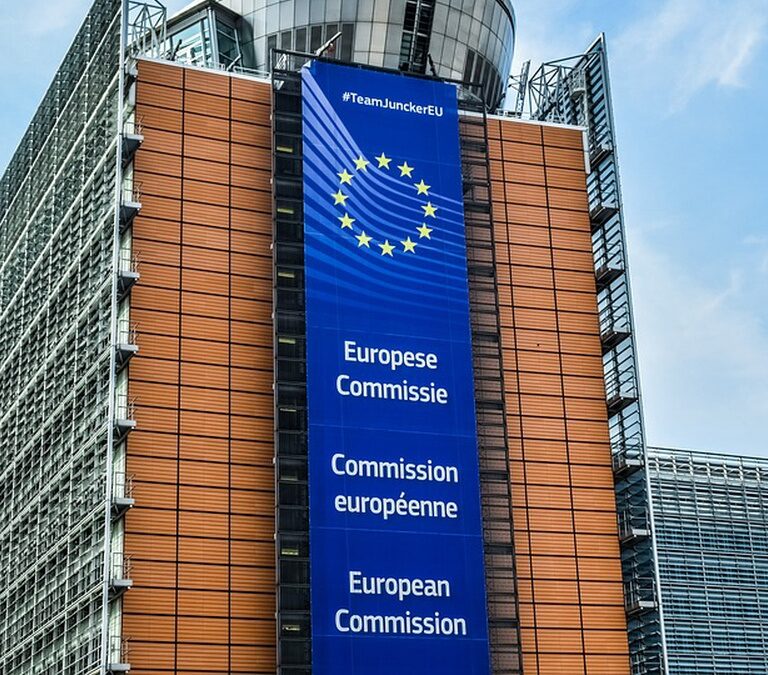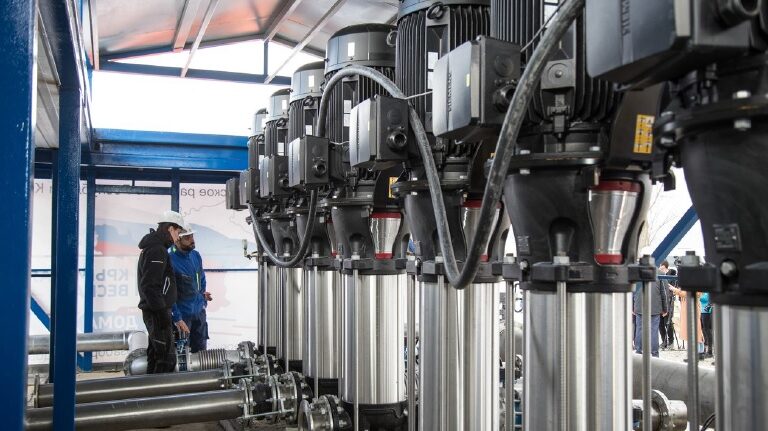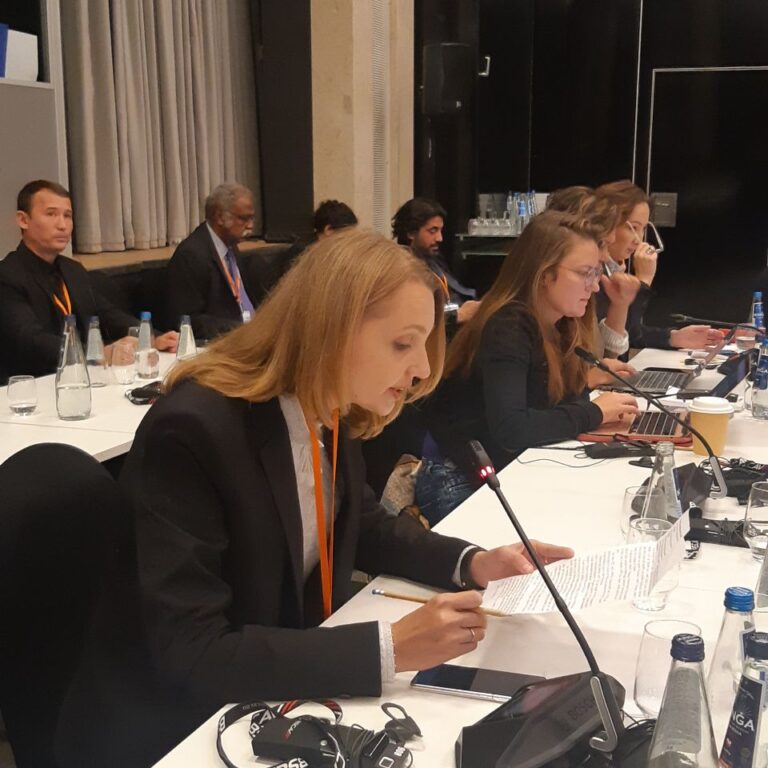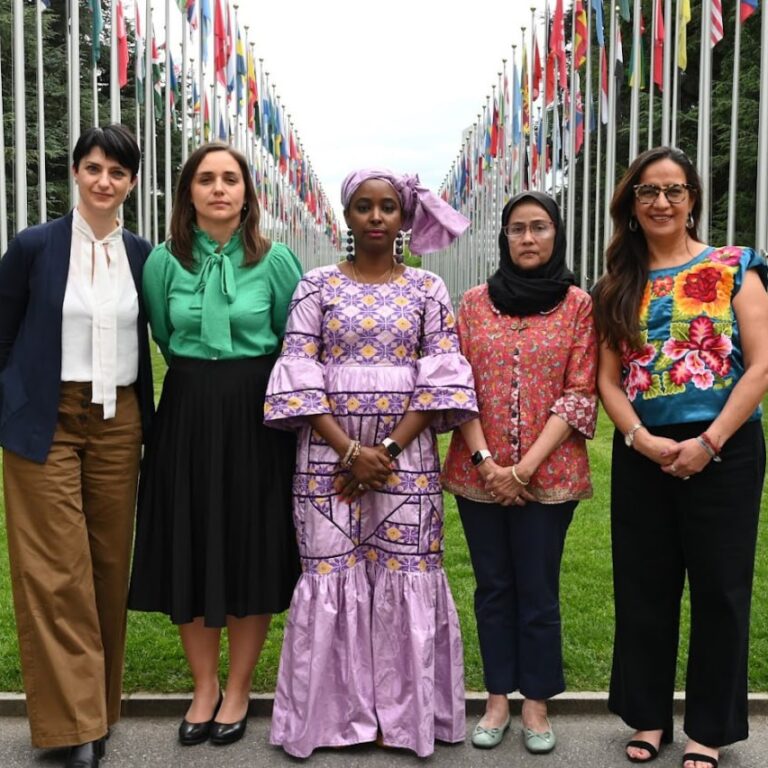Our Association’s experts ftook an active part in the webinar “Russian occupation of the territories of Georgia and Ukraine: old problems and new challenges” held on June 13, organized by the public structures “Ukrainian Center for Peacebuilding” and “Youth for a European Future”. Opening the event, representatives of its organizers Denis Bordiyan and Manana Andguladze emphasized the importance of jointly searching for solutions to the problems of countering Russian aggression and expansion, as well as exchanging views on the forms and ways of de-occupation and reintegration of territories.
In his speeches, Professor Konstantin Zakharenko, Director of the Center of the Ukrainian State University named after Drahomanov, focused on the humanitarian challenges of Russian aggression and occupation; the head of the Soviet Past Research Laboratory, Irakli Khvadagiani, devoted his report to Russian propaganda as a weapon of aggression and occupation; expert Iveri Melashvili spoke about the Black Sea region as a hostage to Russian occupation and aggression; Professor of the International Black Sea University Nika Chitadze focused on the issue of energy as a tool of Russian aggression and occupation.
The report of ARC expert Associate Professor Andrii Chvaliuk highlighted transnational crime in the context of Russian aggression and occupation, citing relevant Crimean examples. The conflict itself is a powerful criminogenic factor, and transnational crime is becoming a significant participant in at least social and economic processes on the territory of the warring parties, the expert emphasized.
Andrii Chvaliuk noted that our Association has been exploring this issue since 2020 using entirely specific examples.
Our publications, among other things, exposed an ethnic group operating in Crimea in the field of organizing prostitution and pornography, including children’s, used by the aggressor’s intelligence services, among other things, to compromise and discredit relevant persons, including representatives of third countries, journalists, entrepreneurs, and so on.
The expert recalled that we were looking at the fuel mafia that organized the transshipment of petroleum products, including those produced in Crimea, in the Kerch Strait and at anchorages to the south of it; we also explored the role of Crimea in the global fishery mafia with large-scale fraud, ranging from ocean fishing to the Crimean fish canning industry. A special place in our analysis was occupied by the problems of drug trafficking through the occupied Crimea using the “Syrian Express” of the Russian military.
The expert stated that large-scale Russian aggression has somewhat changed the emphasis of transnational crime in the region: in addition to the trafficking of weapons and ammunition in the common criminal world and the increase in drug trafficking in the occupied territory, the problem of human trafficking, child prostitution and pornography has become especially acute. Our research indicated the role of the “Wagner” structure and its international transshipment point in Sevastopol under the guise of the private “Perseus” shipyard in these processes.
Andrii Chvaliuk noted that our Association constantly notifies the OSCE ODIHR and UN OHCHR structures about this issue of transnational crime in the occupied territories. The expert added that as part of the preparation of proposals for Ukraine’s state policy on reintegration at two strategic forums “The Future of Crimea”, a conclusion was drawn that after de-occupation, the majority of ordinary crimes committed under occupation, except to serious and especially serious crimes against the individual and national security, will be impossible to investigate effectively, and mass amnesty processes will be inevitable.
The report of ARC expert Associate Professor Anna Prikhodko touched on the issues of environmental challenges of Russian aggression and occupation; it was recalled that Ukraine has opened several new criminal proceedings on the destruction of the ecosystem by Russian troops, qualifying such actions as a crime of ecocide, but the very concept of an ecocidal crime is not developed in modern international law and has no conventional protection.
Anna Prikhodko noted that these issues were discussed by us at the UN Climate Change Conferences in Sharm el-Sheikh (COP 27) and Dubai (COP 28) in 2022 and 2023, during the side events we held; the expert recalled that the next UN Conference will be held at the end of this year in Baku. The expert stated that, as part of constant cooperation with UN institutions, our Association sent relevant materials to the UN Special Rapporteur on the rights to water and sanitation, to the UN Special Rapporteur on the right to development, to the UN Special Rapporteur on the human right to a healthy environment and to many other structures of the Geneva office UN.
Anna Prikhodko added that experts from our Association discussed these issues at the events of the 2023 World Law Congress in New York, as well as at the OSCE ODIHR events. ARC experts discussed these issues both at the Second Black Sea Security Conference of the International Crimean Platform and at the conference “Climate Change and Sustainable Development Goals: Future Directions for International Law and Governance,” organized by the University of Cambridge.
The expert stated that we also responded to the 2024 initiative of the Office of the Prosecutor of the International Criminal Court regarding environmental war crimes and sent him the relevant materials; discussed these problems at the international summit “Stand Tall for the Rule of International Law”, held in Lviv, as well as with Professor Philip Sands at a specialized panel of another international forum.
Anna Prikhodko added that at the national level we discussed mechanisms to counter these challenges at a series of Strategic Forums “The Future of Crimea”, with the development of relevant proposals to the government of Ukraine. The expert added that our Association also takes part in the International Council of Experts on the Investigation of Crimes Committed in Armed Conflict, created in the Office of the Prosecutor General of Ukraine, specifically in the area of crimes against the environment.
Among other things, we took part in the development of the draft Principles for cooperation between prosecutors and civil society organizations in the investigation and prosecution of conflict-related crimes and the Strategic Plan for the implementation of the powers of prosecutors in the prosecution of war crimes against the environment and ecocide for 2024-2026 .
Also our Association’s expert Professor Borys Babin, spoke at the webinar about the challenges of transitional justice and the Russian occupation.








